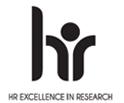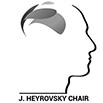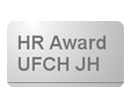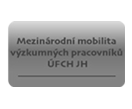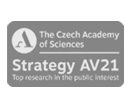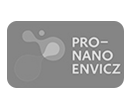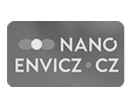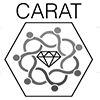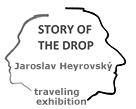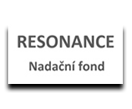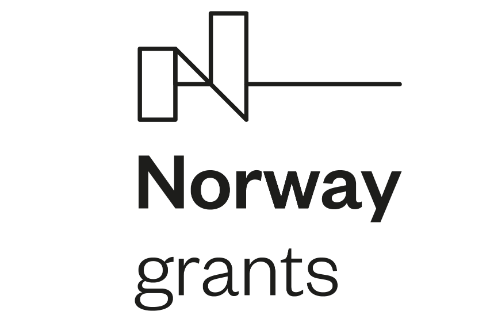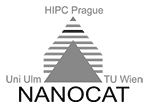There is a great demand for the presence of a scientist in teaching. They diversified the hour in hundreds of schools.
When the Academy of Sciences of the Czech Republic published a call on social networks ‘Invite scientists to online teaching’ at the end of March, it was clear that the activity would arouse interest. But no one expected that it would set off a complete avalanche. The teacher’s hunger for the diversification of distance teaching was reflected in the extremely high demand for “invasions” of scientists into classes. Experts from various fields are able to motivate children for further study efforts, and thus help teachers in these difficult times.
At the end of March, about twenty experts from the CAS took part in the activity. Gradually, however, their number almost doubled and some of the scientists are already reporting a full capacity until the summer holidays. At this point, they have virtually visited hundreds of classes throughout the country and their diaries suggest that at the end of the school year it will be possible to talk about thousands of “invasions”.
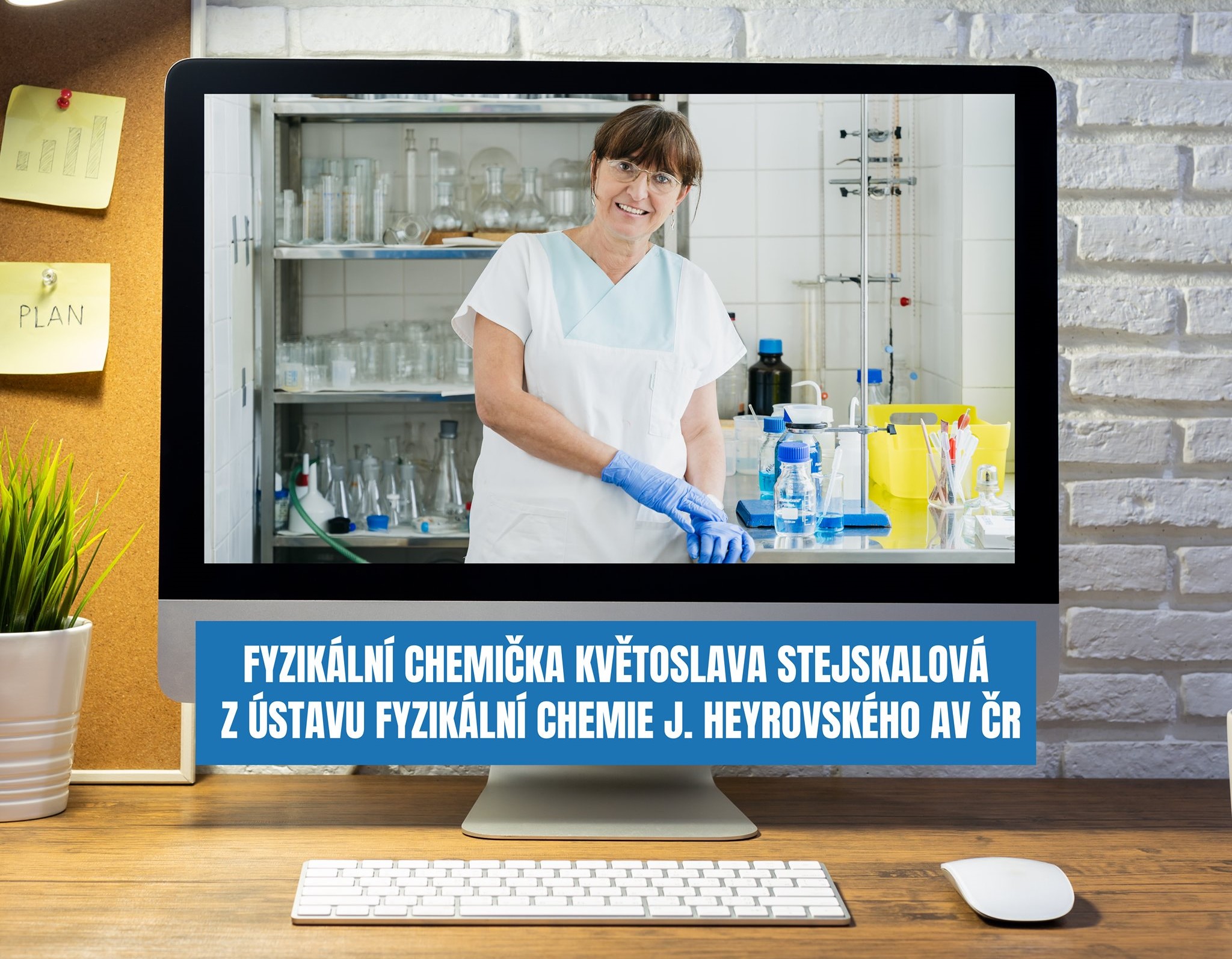
“The pace is starting to be killing”, says Květoslava Stejskalová from the J. Heyrovský Institute of Physical Chemistry of CAS, which has joined online teaching in just the last two weeks six times and has another forty appointments, sometimes three hours a day for different schools. “But it’s a great activity and it shouldn’t weaken with the return of children to school. I think that a certain type of distance learning will be part of education forever and teachers and children will have to come to terms with it“, says the scientist and popularizer whose presentations are always full of experiments and students end up with ‘academic course certificate’ and tips on more videos with experiments.
How to get involved
The principle is simple. Teachers who are interested in the participation of a scientist in the classroom will contact him or her and arrange an appointment. The activity Scientists in Teaching was born „from below“, the first impulse came in February this year from a young scientist and tireless popularizer Petr Brož from the Institute of Geophysics of the CAS. He published a call on the social network Facebook which subsequently spread via the popular Facebook profile of the CAS. Since then, teachers have contacted him from all over the country.
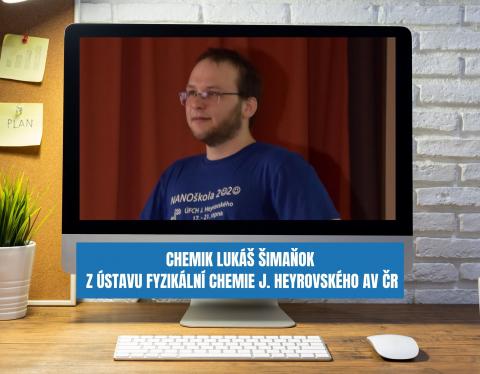
Facebook invitation of the Scientists to teaching activity is available on the profile of the CAS.
„I’m glad that I can at least take a virtual step into class and thus help not only disrupt the teaching routine but also give students the opportunity to ask anything they are interested in researching the solar system“, evaluates Petr Brož his previous experience. For example, he offers schools to talk about the planets of the solar system, whether there may be life on Mars, or what volcanic activity looks like on Venus.
Prepared experiments and improvisations
There is certainly no need to worry about the „Science lessons“. This is not a boring lecture. Each of the popularizers approaches the visit among students differently – some like Petr Brož or Pavel Suchan from the Astronomical Institute of the CAS enters the teaching rather in the form of questions and answers. They let the children ask themselves what they are interested in and then answer it. The level always adapts to the given age group. „One would say it would be extra work. But on the other hand, it is a reward. It makes sense“, says Pavel Suchan.
Due to the audience of mostly younger people from primary schools, Květoslava Stejskalová proved to offer teachers three types of topics and then fill the lesson with a virtual tour of laboratories, videos, pre-recorded experiments, and stories about physical chemistry in the world all around us.
The Teaching project was created similarly spontaneously as Science at home last spring. In the first wave of the Covid-19 pandemic, scientists began creating online videos with lectures or talks for children and students. They were soon joined by videos of home experiments and interviews in the form of podcasts.
Source: Czech Academy of Sciences of the Czech Republic
Wednesday, April 21, 2021 - 09:23






